Each year, Canada welcomes millions of tourists, workers, students, and immigrants. However, each foreign individual must first satisfy Canada’s entry criteria before being permitted to enter the country. A criminal background check and medical exams are a couple of these needs. In case you do not meet these requirements, you’ll be inadmissible to Canada. And if so is the case, the following are a few of the rational tips from experts at C.S. Immigration, the top-rated Canada immigration services.
Criminal Inadmissibility
Foreign nationals who have been detained or found guilty of a crime may be deemed criminally inadmissible in Canada. When evaluating a person’s criminal inadmissibility, foreign convictions and arrests are compared to Canadian laws and norms, and the Criminal Code of Canada is deemed to have an equivalent.
You could be deemed admissible to Canada if your crime qualifies as a summary offense and it was your sole criminal conviction, in which case you wouldn’t need a visa. You may be deemed inadmissible to Canada and need permission to enter if the offense qualifies as an indictable offense, which is a serious criminal charge.
A person must overcome inadmissibility depending on the severity of the offense (serious vs. non-serious) and how long it has been since a sentence was served (includes probation, fines, etc.).
There are three basic ways to get into Canada after being denied entry:
- An application for a temporary resident permit
- A request for criminal rehabilitation
- A letter of legal opinion
Medical Inadmissibility
Every person applying for a Canadian immigration visa must go through a medical check. While earlier medical records and mental state evaluations are not often part of these exams, they could be.
A candidate could be deemed medically ineligible if:
- They have a medical condition that might potentially jeopardize the health or safety of Canadians, or
- Their entry into the country could potentially result in an undue demand for public health and social services.
In order to evaluate medical inadmissibility, the medical officer must take into account the kind, intensity, and likely duration of any health impairment the applicant is experiencing.
In order to evaluate medical inadmissibility, the medical officer must take into account the kind, intensity, and likely duration of any health impairment the applicant is experiencing.
Suppose a person is found to be medically ineligible. In that case, they may seek legal recourse by proving that they will not incur medical expenses over the projected average cost of care in Canada or that they have compelling humanitarian or compassionate reasons to warrant an exemption.
An applicant who does not fulfill the medical admissibility standards for temporary stays in Canada may apply for a Temporary Resident Permit (TRP) to overcome medical inadmissibility and enter Canada, similar to how criminal inadmissibility is overcome.
To know more, schedule an appointment with C.S. Immigration providing Canada immigration services.









